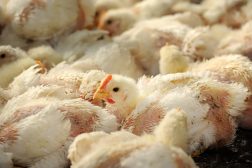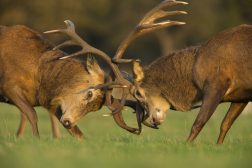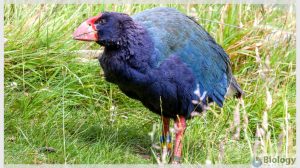Definition
noun, plural: inbreeding depressions
The loss of vigour or the reduced biological fitness in a particular population due to inbreeding
Supplement
Inbreeding pertains to the breeding between members of a population. In a small-sized population, it may result in inbreeding depression. Heterosis, the tendency of offspring to have superior qualities over those of the parents in terms of size, growth rate, yield, fertility and fecundity, is affected. There is a depression or recession of vigour or biological fitness caused by inbreeding. For instance, in humans, the mating of closely related individuals, such as between cousins, is discouraged because it could result in offspring acquiring alleles associated with certain genetic disorders and other health-related conditions. Over time, there would be more individuals that are homozygous for a particular trait and thereby more individuals tend to demonstrate recessive traits. Another example that prompts inbreeding depression is the self-pollination of certain plants.
Inbreeding depression is averted when there is higher genetic variation. A large gene pool is essential as it implicates higher genetic diversity. When alleles are diverse, the chances of biological fitness and survival are also amplified. In contrast, a small gene pool indicates reduced chances of acquiring alleles essential to fitness and survival.
Compare:
See also:




